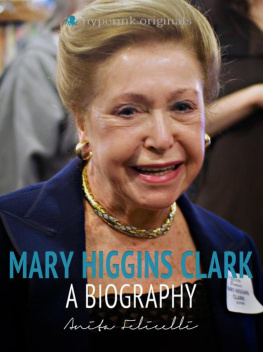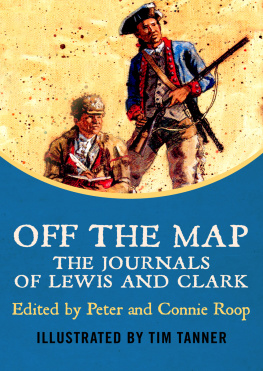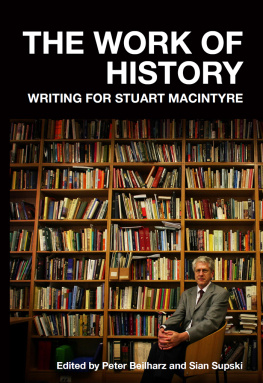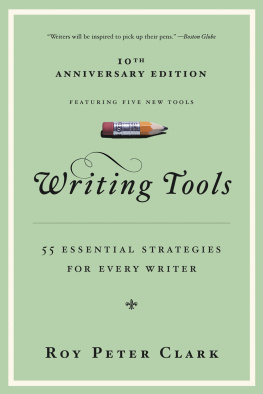MANNING CLARK
First published 1994
Typeset by Melbourne University Press in 10 pt Sabon
Printed in Malaysia by
SRM Production Services Sdn. Bhd. For
Melbourne University Press, Carlton, Victoria 3053
This book is copyright. Apart from any fair dealing for the purposes of private study, research, criticism or review, as permitted under the Copyright Act, no part may be reproduced by any process without written permission. Enquiries should be made to the publisher.
Carl Raymond Bridge 1994 (Introduction, this selection and arrangement)
Individual contributors 1994
National Library of Australia Cataloguing-in-Publication entry
Manning Clark: essays on his place in history.
Includes index.
ISBN 0 522 84640 8.
1. Clark, Manning, 1915-1991. 2. Clark, Manning, 1915-1991Criticism and interpretation. 3. Clark, Manning, 1915-1991. History of Australia. 4. AustraliaHistoriography. I. Bridge, Carl, 1950-.
994.007202
Preface
Manning Clarks work often provokes violent reactions both for and against, and has done since he first went into print as a historian over fifty years ago. His huge achievement as a scholar, writer and public intellectual is incontestable, and he would have been pleased to be still stirring up controversy two years after his death. Peter Ryans recent root-and-branch assault on Clarks A History of Australia is but the latest in a long line. For Ryan the work is gooey subjective pap; it possesses the insubstantiality of thistledown and is a construct spun from fairy floss, and much of that false. In the ensuing hullabaloo many, including Ryan himself, have called for a fresh and critical examination of the truth and value of Clarks History . Though the Sydney Morning Herald might remark loftily that Ryans blunt axe has left an insignificant mark on a majestic blue gum, there is still substance in the call for a considered discussion of Clarks achievement. This book, which perhaps fortunately had its origins in the quieter days preceding the latest storm, attempts a fittingly serious and searching assessment. It is time to set aside the rhetorical posturing and to begin the real debate.*
Most of these papers were presented first at the University of New England Faculty of Arts Social Science Seminar for 1992. On behalf of all of the authors I wish to thank Professor Graham Maddox, Dean of the Faculty, for the idea and for his support. We are also grateful to Julian Croft, Humphrey McQueen and Kevin Walsh for presenting papers not published here; and to Miles Ashcroft, Bruce Mitchell, Michael Sharkey and Kate Thomas for their work during the seminar. Special thanks are due to Elizabeth McCabe for word-processing. A version of John Rickards paper has since appeared in Australian Historical Studies and we thank Dr Rickard, wearing his other hat as editor of that journal, for permission to include it. Peter Howells and Peter Cravens papers were commissioned after the seminar. Our thanks to the editors of Quadrant for permission to reproduce John Barretts and John Hirsts papers and of the Bulletin for M. H. Elliss review. Special thanks are due to Dymphna Clark for her help and encouragement and to Axel Clark and John Hirst who both made welcome and detailed criticisms of the manuscript.
| January 1994 | C. B.
Armidale, N.S.W. |
.
Introduction
... by their fruits ye shall know them.
ST MATTHEW, 7:20
Charles Manning Hope Clark, Australias best known and probably most widely read historian, died in 1991. His grey, goatee beard, dark broad-brimmed hat and gnomic media utterances over the last twenty years of his life had made him a national figure. Along with Patrick White and Sidney Nolan (and later Barry Humphries and David Williamson) he had become a prominent definer of and commentator on our so-called national identity. The Whitlam government had recognised this by making him an A.C. in their first Australian Honours list; he was even elected Australian of the Year and was the subject of a musical.
Clark, in his 76 years, produced six children, the monumental six-volume A History of Australia , a short history, a book of short stories, a book on contemporary Soviet society, a biography of Henry Lawson, three volumes of historical documents, two volumes of autobiography, a book on his apprenticeship as a historian, the Boyer and numerous other public lectures, and a large number of articles, reviews and occasional pieces, including some memorable political commentary. And he is producing yet: Michael Cathcart has recently abridged the big history, and a book of previously unpublished speeches is in press. In all of this, Clark wrote more about himself than most historians write about anything at all. His was a very public life and, more than that of any other academic historian, his history was addressed to the Australian public.
This book seeks to discuss for the first time Clarks full literary and public achievement. The roots of his ideas are explored and his contribution to Australian historiography mapped. A History of Australia is analysed in detail for its literary structure, and for its treatment of Aborigines, women, and sense of place. His teaching and his role as a public controversialistfacets of his work hitherto rarely commented onare essayed. Most important, questions are answered about his contribution to the debate about Australian identity.
Like all autobiographers Clark tried to influence later readings of his life and works by writing his own version in old age. He wrote his own myth. In his two autobiographical volumes The Puzzles of Childhood (1989) and The Quest for Grace (1990)Clark traces his life from his birth in Sydney in 1915 to his embarking on his magnum opus in the mid-1950s. The themes of his six-volume History are seen to be prefigured in his own life. Clarks mother was a Hope, a descendant of Samuel Marsden and of Thomas Hassall, the first of the native-born to be an ordained clergymanshe was of the colonial gentry, of Old Australia. His father was born in London of working-class background, also an ordained clergyman of the Church of England, but in love of life and earthy exuberance, he had an affinity for the Australia of the common people. Clarks immediate family background thus embraced two classes, and two views of Australiawhat he came to call, quoting Lawson, the Old Dead Tree of European civilisation (British capitalism and philistinism) and the Young Tree Green of Australia as the working-mans paradise, and latterly of republicanism, Aboriginal land rights, and perhaps multiculturalism.
In his minds eye, Clark was a poor scholarship boy at Melbourne Grammar who by his wits won places at the University of Melbourne and at Balliol College, Oxford. He wrote a thesis on de Tocqueville, exploring the dilemmas of intellectual liberals confronted by the politics of the masses He despised the decadent British establishment at the time of the Munich crisis; and was horrified by the Nazis treatment of the Jews on Kristalnacht, which he witnessed first-hand while visiting his fiance, Dymphna Lodewyckx, who was studying languages in Bonn. His Leftist sympathies, his love of French, German, Scandinavian and Russian literature, and his rejection of [Melbourne] Grammar and that sort of thing led him to reject the life deniers of the Melbourne Protestant ascendancy and to seek out the life affirmers, the banquet of life men of the Catholic working class.







